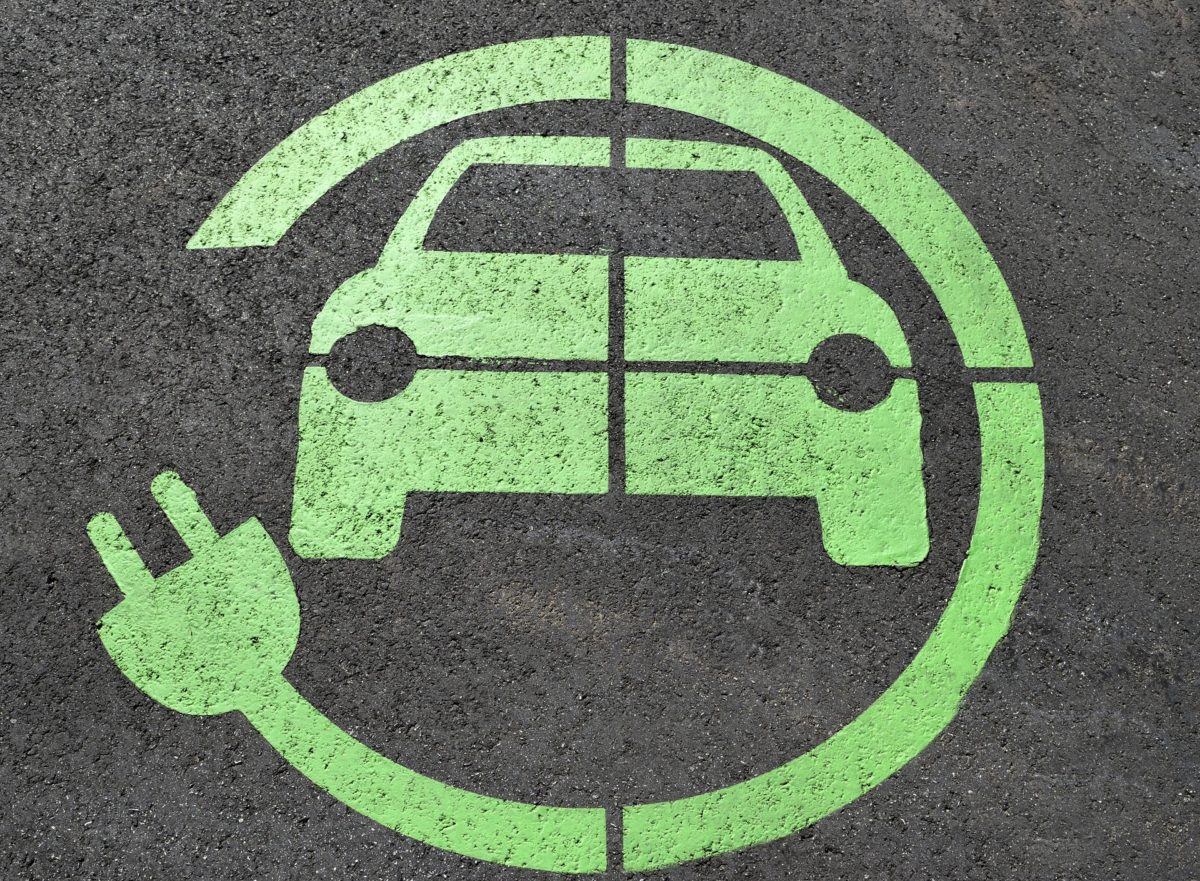From pv magazine Spain.
The parliament of Spain’s Balearic Islands is expected to approve today an ambitious Climate Change Law designed to kick-start a renewable energy transition on Mallorca, Menorca, Ibiza and Formentera.
The new law would make the Spanish archipelago free of self-generated CO² emissions by 2050, and make its energy system 100% renewables based.
By 2030, under the plan, 35% of the energy generated would come from renewables and energy consumption would be lowered 23%. By 2050, the islands would be powered exclusively by clean energy, with each generating at least 70% of its power on its own territory.
The new regulation also mandates the closure of polluting power plants, starting with the Es Murterar thermal power plant, from next year.
The most controversial measure is the prohibition of diesel vehicles from 2025. Cars relying on gasoline would be banned after 2035. Vehicles based in the islands before those dates could run until the end of their life but rental companies would have to have 100% electric fleets by 2035. To facilitate the transition, the Balearic government will install 1,000 electric vehicle charging points by 2025.
Mandatory PV
Other mandatory measures include the installation of PV panels on new car parks of more than 1,000 m², in existing ones of more than 1,500 m², and in new buildings of more than 1,000 m² or in those in which a change of use or integral alteration is made.
To meet that objective, more than €8.5 million would be allocated for the installation of solar systems for self-consumption. Low-consumption street lighting would also be introduced by 2025.
According to statistics from Red Eléctrica, a partly state-owned grid operator, fossil fuels account for approximately 70% of the Balearics’ energy supply, with another 20% currently imported from mainland Spain. At 2% – around 80 MW – solar currently represents the majority of the renewable energy generation capacity installed in the Balearics.
This content is protected by copyright and may not be reused. If you want to cooperate with us and would like to reuse some of our content, please contact: editors@pv-magazine.com.



1 comment
By submitting this form you agree to pv magazine using your data for the purposes of publishing your comment.
Your personal data will only be disclosed or otherwise transmitted to third parties for the purposes of spam filtering or if this is necessary for technical maintenance of the website. Any other transfer to third parties will not take place unless this is justified on the basis of applicable data protection regulations or if pv magazine is legally obliged to do so.
You may revoke this consent at any time with effect for the future, in which case your personal data will be deleted immediately. Otherwise, your data will be deleted if pv magazine has processed your request or the purpose of data storage is fulfilled.
Further information on data privacy can be found in our Data Protection Policy.